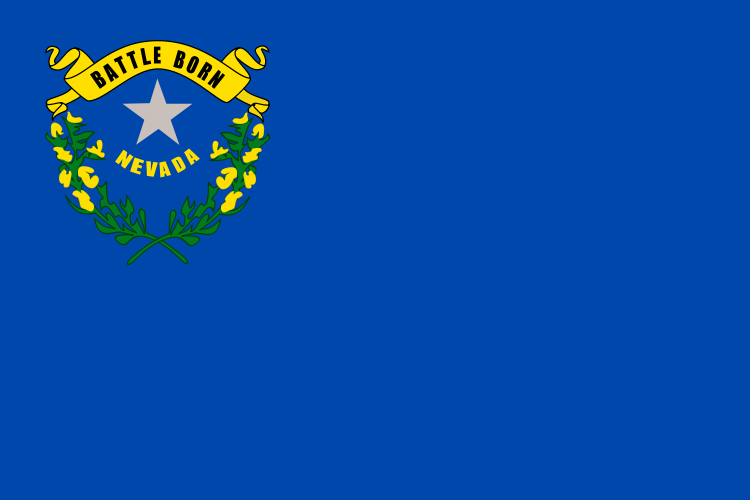On June 29, the Nevada Voters First campaign submitted signatures to qualify for the Nevada ballot this November. This came on the day after the Nevada Supreme Court ruled that the initiative may proceed to the ballot.
The Nevada Supreme Court ruled in favor of Nevada Voters First. The challenge to the ballot initiative, filed by Nathan Helton, argued that the measure violated the single-subject rule. The Supreme Court backed a lower court ruling from January. Justice Douglas Herndon wrote in the opinion that "although [the measure] proposes two changes (open primary elections and ranked-choice general elections for specified officeholders), both changes are functionally related and germane to each other and the single subject of the framework by which specified officeholders are presented to voters and elected."
The campaign reported submitting 266,000 signatures, which exceeded the 135,561 valid signature requirement. The submitted signatures will have to be verified in order for the measure to qualify for the Nevada ballot.
The ballot initiative would establish a top-five ranked choice voting system, which would establish open top-five primaries and ranked-choice voting for general elections. Rank-choice voting allows a voter to rank candidates in preference from first to last. A candidate receiving first-choice votes of more than 50% wins. If no candidate is the first choice of more than 50%, the candidate with the fewest votes is eliminated. And each voter who had ranked the now-eliminated candidate as their first choice, has their single vote transferred to their next highest choice candidate. This tabulation process would repeat until the one candidate with more than 50% support is determined as the winner.
In May, signatures were submitted for a top-four ranked-choice voting initiative in Missouri. Ranked-choice voting is also used for certain elections in Alaska and Maine.
The Institute for Political Innovation, founded by Katherine Gehl, said, "With more than 35 percent of Nevada voters unable to vote in a primary because they are registered as independent or non-partisan, and many more feeling under-represented by their respective party, it is clear that this antiquated system needs to change."
Protect Your Vote Nevada, a committee opposed to the measure, said, “Their petition would make our elections unnecessarily confusing, complicated, and riddled with errors."
If the initiative makes the ballot, it will join two other measures currently on the Nevada ballot for November – the Equal Rights Amendment, which would add language to the Nevada Constitution prohibiting the denial of rights based on race, color, creed, sex, sexual orientation, gender identity or expression, age, disability, ancestry or national origin; and the Minimum Wage Amendment, which would increase the minimum wage in Nevada to $12 per hour.
If voters approve an initiated amendment in one election, it must win again at the next general election in an even-numbered year for it to become part of the constitution. In other words, if the initiative is approved in 2022, it must be approved again in 2024.
Additional reading:



